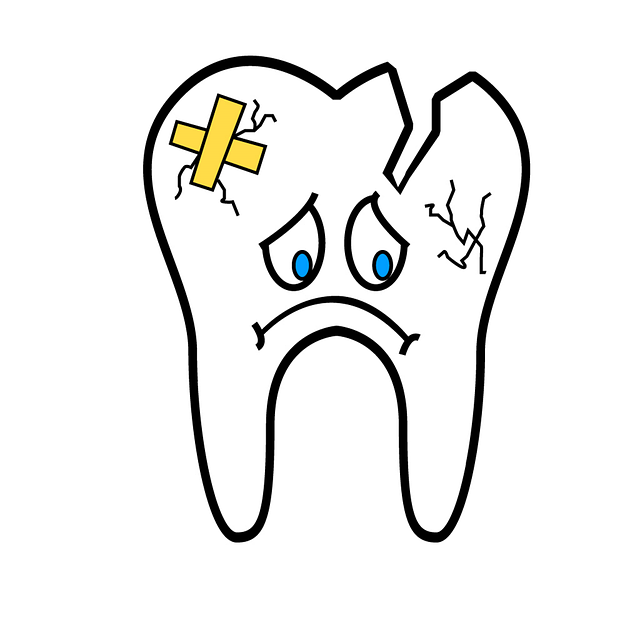A tooth abscess is unfortunately a common oral health issue in children that requires immediate attention. An abscess is always serious and if left untreated can spread to other areas of the body which can become life threatening if not addressed. We know as a parent you will do anything to keep your child out of pain so we want to make sure you know how to recognize a tooth infection. First we want to explain a little bit more about what an abscessed tooth is:
What is an Tooth Abscess?
An abscess is a pocket of pus that forms around the tooth caused by bacteria. This pus forms when the body is trying to fight off the infection. You may be wondering how the bacteria gets in the tooth. Bacteria causes cavities and as the cavity grows the decay gets deeper into the tooth and can then enter into the nerve of the tooth. Once the bacteria enters the nerve of the tooth it can cause the tooth to die and the tooth can then abscess. Bacteria can also enter the tooth via cracks in the tooth caused by trauma or injury.
Symptoms of an Abscessed Tooth
Every child is different when it comes to symptoms of infection; below we have listed the things you should be on the lookout for.
- Pain or throbbing
Bacteria release gases and as the bacteria travel further into the tooth or surrounding bone it can make the area sensitive and painful. This is one of the most common symptoms.
- A bubble on the gums or a white spot next to the tooth
Along with pain this is another common symptom. However not all bubbles have white spots and not all white spots on the gums mean there is an infection. A bubble on the gums is a sign of an infection and contact your pediatric dentist right away even if your child is not having pain from the bubble.
- Red/swollen gums and/or swollen jaw or neck
The gums should be evenly pink throughout the mouth, if you notice an area of redness or swelling call your pediatric dentist right away.
- Tooth is darker than surrounding teeth
Sometimes an infected tooth can become discolored compared to its neighbors. A change in tooth color can mean the tooth is dying and beginning to become infected and should be evaluated by your pediatric dentist.
- Sensitivity to hot/cold
The tooth may be sensitive to different temperatures, and your child can also feel pressure or pain from biting or chewing.
- Bad breath or a bitter taste in the mouth
Occasionally bad breath or a bad taste in the mouth can be a sign of an infection. Bad breath is common and can have many causes besides an infection but if it becomes persistent it is best to take your child to their pediatric dentist to be evaluated.
- Fever or illness
If the infection is advanced your child may suffer from a fever, nausea, or vomiting.
- Loss of appetite
If your child is younger they may not be able to express their feelings of pain and parents may not realize there is an issue. One way that they may be expressing things don’t feel good is if your child stops eating normally.
Key notes:
- Pain
- Bubble on the gums/white raised spot on the gums
- Red/swollen gums
- One tooth is darker than the others
- Sensitivity to hot/cold
- Bad breath or bitter taste
- Fever or illness
- Loss of appetite
The above symptoms can be indications that your child has an abscessed tooth and if you notice any of the above listed symptoms it would be best to call your pediatric dentist. It’s better to be safe than sorry.
Treatment for an Abscessed tooth
Treatment of a dental abscess can vary depending on the age of the patient and whether the abscessed tooth is a baby tooth or a permanent tooth. Your dentist will need to evaluate your child and then make a recommendation for treatment based on scientific research, in order to provide the best treatment options. Treatment options can range from removal of the tooth to a root canal and crown. The best thing to do is contact your pediatric dentist as soon as you have a concern that your child may have a problem. Hopefully the above information has helped in case you find yourself in this situation with your child. As always feel free to call us if you have any questions are concerns.
